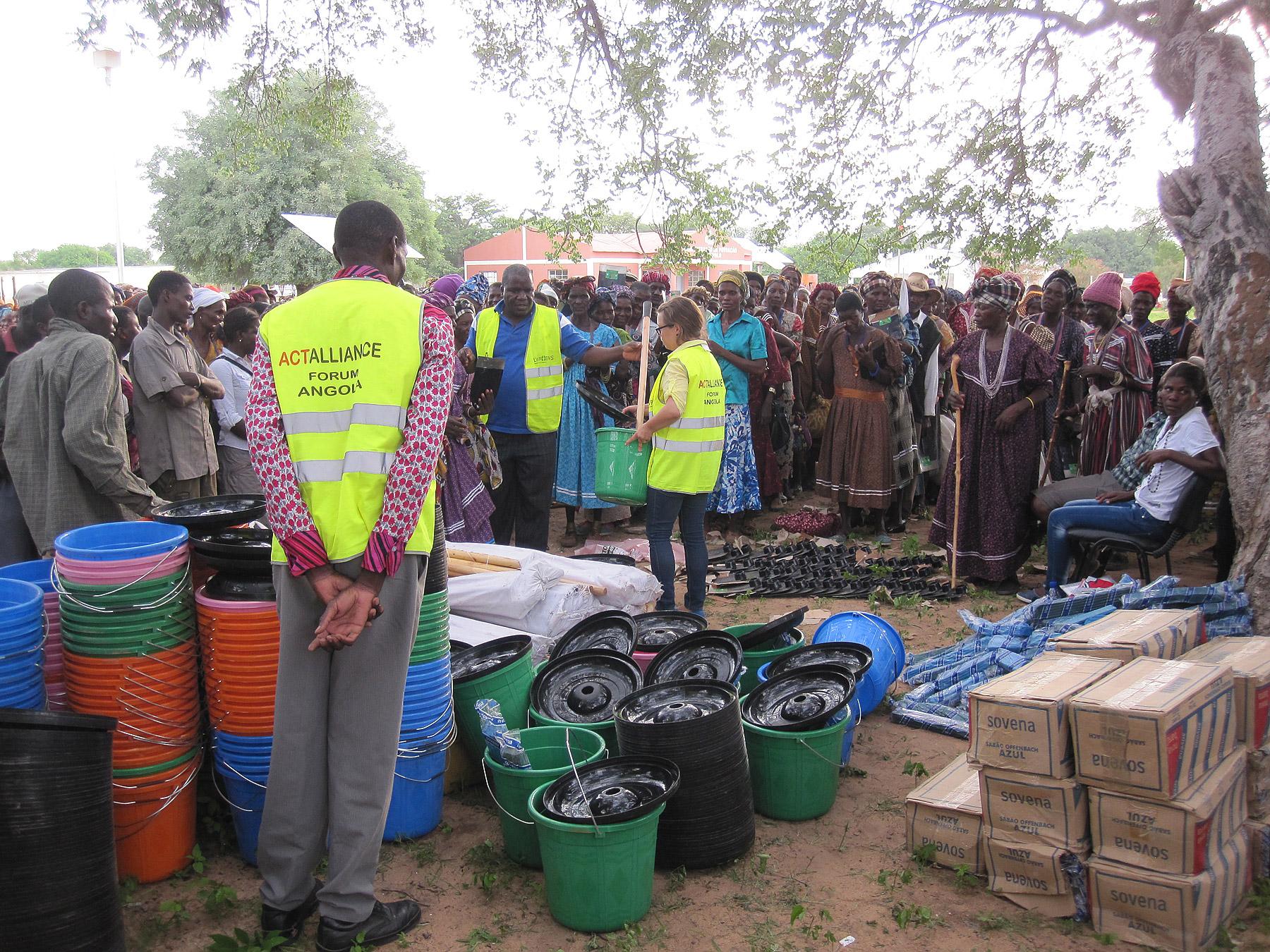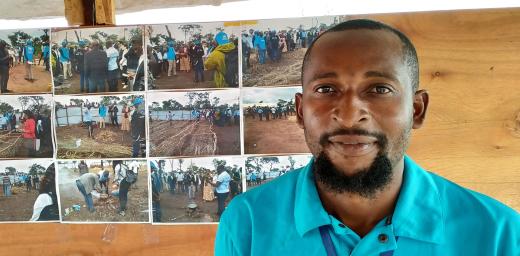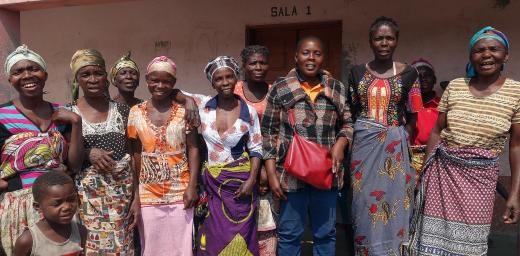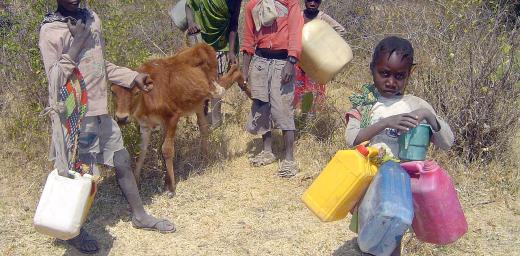Angola | Stopping Cholera in Its Tracks with Hygiene & Sanitation

Hygiene kit distribution in Oxavikwa, Angola
By Abrao Mushivi
Cunene Province was the most affected by the epidemic due to the prolonged drought of more than two years. This also affected parts of southern Huila province in the municipality of Gambos.
During the year 2013, Cunene province had 3,847 reported cases and 133 deaths in comparison with the total of 221 cholera death recorded in 2012. Huila province was ranked second with 1,442 cases reported and 46 deaths. There was a significant increase in cases due to the drought consequences although there was less deaths as compared to 2012.
The government intervened rapidly to control and contain the situation. However, there is great need to intensify good hygiene and sanitation awareness education to prevent future outbreaks.
To contribute in containing cholera spread in drought affected areas of southern Angola, LWF has taken the lead in the ACT forum emergency team which is on the ground conducting a series of trainings in all Angola emergency response areas. Participants are health activists, traditional and church leaders and government departments of education, health, social services, water and energy brigades on water, hygiene and sanitation.
Hygiene kits comprising 20-liter plastic buckets with a lid and 2 bars of 1 kg soap are distributed to the most vulnerable group as a way of promoting hygiene in the households.
PUR [Purifier of Water™] sachets will be distributed in most suspected cholera outbreak prone areas.
“I have never seen such a help being done in our community”, one woman commented. “God is with us today.”
Abrao Mushivi is an LWF Angola staff member. He is coordinating the ACT Angola emergency team.





